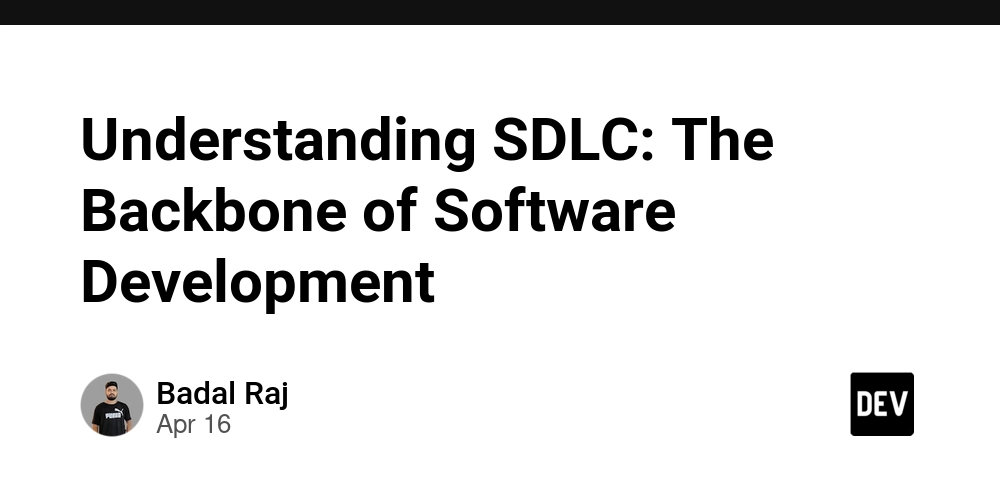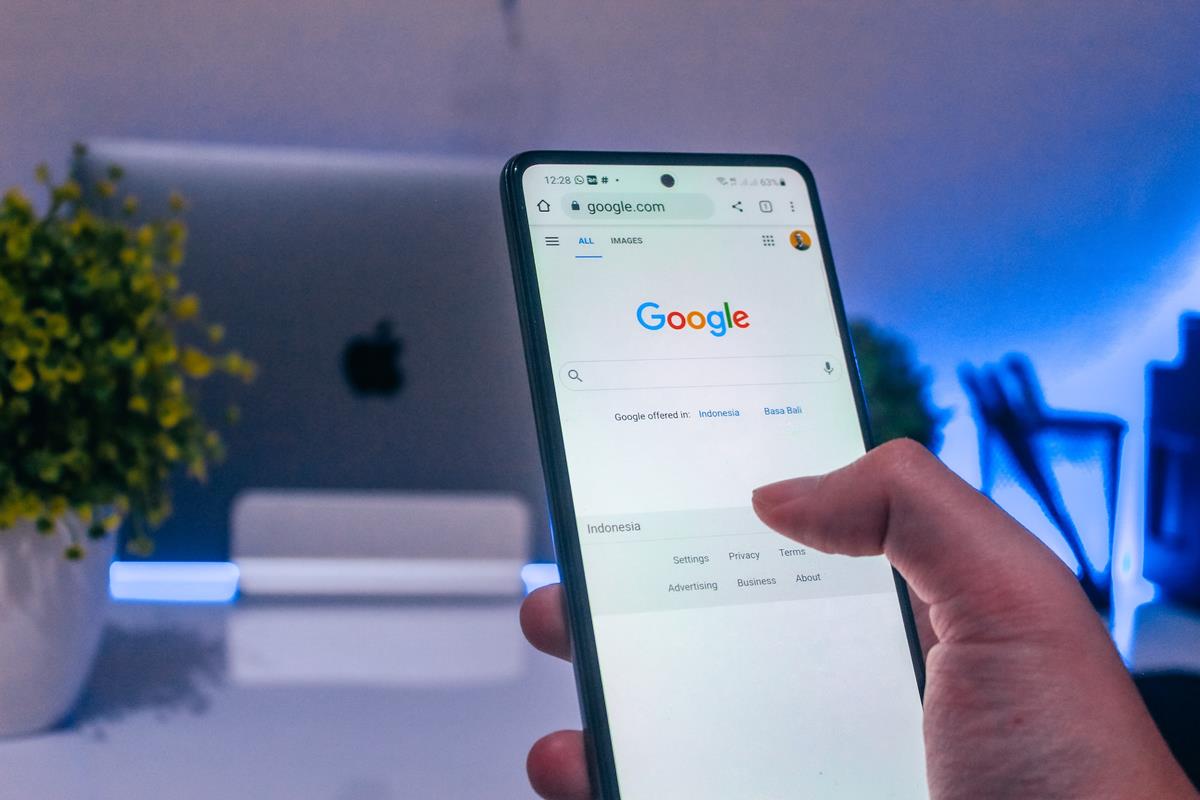Florida wants an encryption backdoor – in the name of children’s safety
Instead of protecting minors using social media, experts warn that Florida's bill will end up making them less safe online. Here's all you need to know.

- A bill in Florida could force social media platforms to create encryption backdoors for law enforcement
- The "Social Media Use By Minors" bill would prevent minors from using or accessing any ephemeral messaging features
- Privacy experts warn such requirements will make young people less safe online instead
Florida is considering a bill that could force all social media platforms that allow accounts for minors to provide an encryption backdoor for law enforcement.
The bill will also prevent minors from using or accessing ephemeral messaging features, meaning messages that disappear after viewing, including WhatsApp's view once. Social media providers will also be required to give the minors' parents or guardians access to all messages posted by their children.
Known as the "Social Media Use By Minors" bill (SB 868/HB 743), the proposal is the latest legal effort to protect children's safety online. Yet, privacy experts warn that such requirements will make young people less safe instead.
"Asking for the impossible"
As digital rights experts at the Electronic Frontier Foundation (EFF) wrote, "The bill is not only privacy-invasive, it’s also asking for the impossible."
Encryption is used by the best VPN and encrypted messaging apps to keep users' online activities private. WhatsApp and Signal employ end-to-end encryption to scramble data into an unreadable form to ensure only your intended recipients can read your messages.
As per their own words, Florida's lawmakers want to force "social media platforms to provide a mechanism to decrypt end-to-end encryption when law enforcement obtains a subpoena."
Cryptographers and other experts, however, have long warned that what's known as an encryption backdoor cannot be implemented without undermining the whole system's security. That's because, besides the possibility of authorities misuse, malicious actors will end up being able to exploit this entry point.
Florida wants to introduce such requirements specifically for providers that allow minors to open an account in a bid to improve children's safety online. Yet, EFF experts believe it will acheieve exactly the opposite result.
"This would likely lead to companies not offering end-to-end encryption to minors at all, making them less safe online," they said.
Florida’s “Social Media Use by Minors” bill is an ill-advised attempt to backdoor end-to-end encryption that asks the impossible. It should not be allowed to move forward. https://t.co/AXIKwX0Hj7April 13, 2025
Another contentious point is the plan of "prohibiting minor account holders from using or accessing messages that are designed to disappear or self destruct."
Again, according to EFF experts, targeting this feature would solely end up harming the privacy of everyone instead, without achieving anything to protect children. Even ephemeral messages can be saved and reported if needed.
The "Social Media Use By Minors" bill seeks to expand the reach of Florida's Social Media Law (HB 3), which came into force at the beginning of the year. Among other things, the law introduced mandatory age verification checks for accessing material deemed harmful to minors and a ban for opening a social media account to children younger than 14.
The HB 3 law was hit by a complaint back in October, raising concerns around free speech implications. The lawsuit is still ongoing at the time of writing.
For EFF expert is a no-brainer – lawmakers should reject the bill and focus on alternative protections, like better consumer privacy laws and digital literarcy at school.
"Minors, as well as those around them, deserve the right to speak privately without law enforcement listening in."
A global push
Florida is only the latest government pushing to get law enforcement greater access to encrypted data. The UK, EU, and even Switzerland – once believed to be a privacy paradise – are considering some form of encryption backdoor at the time of writing.
The tech industry doesn't look willing to weaken the security of their systems, though. Apple decided to kill its iCloud E2E feature in the UK for not building a backdoor and is now challenging the UK in court. While Signal has reiatered more than once that the company would rather leave the market than undermine encryption.








































































































































































![[The AI Show Episode 144]: ChatGPT’s New Memory, Shopify CEO’s Leaked “AI First” Memo, Google Cloud Next Releases, o3 and o4-mini Coming Soon & Llama 4’s Rocky Launch](https://www.marketingaiinstitute.com/hubfs/ep%20144%20cover.png)





































































































































































































![Blue Archive tier list [April 2025]](https://media.pocketgamer.com/artwork/na-33404-1636469504/blue-archive-screenshot-2.jpg?#)
































.png?#)







































.webp?#)















































































-xl-xl.jpg)









![Apple’s Messages app shows Meta is not a monopoly, says Meta [U]](https://i0.wp.com/9to5mac.com/wp-content/uploads/sites/6/2024/02/Zuckerbergs-AI-announcement.jpg?resize=1200%2C628&quality=82&strip=all&ssl=1)




![One UI 8 leaks again, showing off the tiny list of changes to Samsung’s Android 16 update [Video]](https://i0.wp.com/9to5google.com/wp-content/uploads/sites/4/2024/07/Galaxy-Z-Flip-6-review-photo-2.jpg?resize=1200%2C628&quality=82&strip=all&ssl=1)













![Apple to Split Enterprise and Western Europe Roles as VP Exits [Report]](https://www.iclarified.com/images/news/97032/97032/97032-640.jpg)
![Nanoleaf Announces New Pegboard Desk Dock With Dual-Sided Lighting [Video]](https://www.iclarified.com/images/news/97030/97030/97030-640.jpg)

![Apple's Foldable iPhone May Cost Between $2100 and $2300 [Rumor]](https://www.iclarified.com/images/news/97028/97028/97028-640.jpg)












































![Security Database Used by Apple Goes Independent After Funding Cut [Updated]](https://images.macrumors.com/t/FWFeAmxnHKf7vkk_MCBh9TcNMVg=/1600x/article-new/2023/05/bug-security-vulnerability-issue-fix-larry.jpg)
























































































